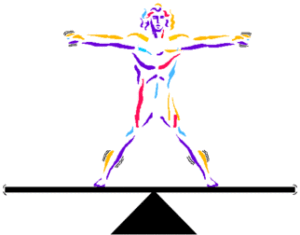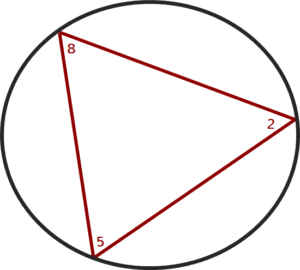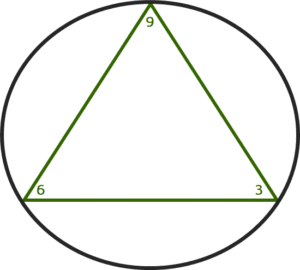 A few weeks ago, a piece of click bait showed up on my Facebook feed that directed me to a clip from America’s Got Talent. I took the bait and watched a lithe 30-year-old woman with a pixie haircut take the stage. When greeted and asked how she was doing, she said: “I’m awesome. I’m so happy to be here.” She planned to offer an original song entitled It’s OK which captured the last year of her life. Come to find out that she has been dealing with cancer for several years, and the disease has metastasized to her lungs, spine, and liver. But there she was, radiant, seemingly full of life.
A few weeks ago, a piece of click bait showed up on my Facebook feed that directed me to a clip from America’s Got Talent. I took the bait and watched a lithe 30-year-old woman with a pixie haircut take the stage. When greeted and asked how she was doing, she said: “I’m awesome. I’m so happy to be here.” She planned to offer an original song entitled It’s OK which captured the last year of her life. Come to find out that she has been dealing with cancer for several years, and the disease has metastasized to her lungs, spine, and liver. But there she was, radiant, seemingly full of life.
Her song and performance were riveting – I’ve watched it at least a dozen times – and garnered rave reviews from the four judges. Even the ofttimes acerbic Simon Cowell was rendered temporarily speechless by her artistry and strength of character. In response, she said:
“You can’t wait until life isn’t hard anymore before you decide to be happy.”
That’s my touchstone for today’s post. Because at this moment, there are a lot of dark clouds in my weather system. Dear friends are dealing with suffering and loss. The organizations with which I am involved have challenges and uncertain futures. The geopolitical landscape is awash in conflict with deep fissures in my country. Millions across the globe cry out to have their basic needs met. Mother Earth is in distress. And yet:
“You can’t wait until life isn’t hard anymore before you decide to be happy.”
While you may not – at this moment – be in a place to heed this advice, there are really good reasons to give it a go.
Happiness guru Dr. Sonja Lyobomirsky of the University of California at Riverside tells us: “When we experience joy… we feel ready to take on the world, are more mindful, creative, and open to new experiences, feel more trust and oneness with intimate others, believe that life is more meaningful, and have the sense of being captains of our own ships.” Moreover, positive emotions give rise to positive thoughts. So, whether you want to tackle the world’s problems, your family’s or community’s problems, or your own challenges, being happy gives you the best chance of doing it well. Besides, it just feels good.
When I’m happy, I experience a lightness of being. Face open, perhaps with a smile. Brows relaxed. Chest, shoulders, and belly at ease. Restful breathing. Feeling connected to those around me. Feeling safe in this world. Being right here, right now. Free from thoughts that have me rehashing past woes or worrying about the future. Fully alive. So, I’m decidedly interested in figuring out how to have more of it in my life.
Extensive research gives us quite a lot of great advice about how to increase happiness. Yale professor Dr. Laurie Santos created an entire class on the subject. It’s wild popularity gave rise to a free on-line version of the course and a podcast entitled The Happiness Lab. But here are just a few simple things that we can do every day.
Express gratitude. Be mindful of everyday blessings – a practice that overcomes our natural tendency to notice what is wrong or simply take all the good for granted. It can be as simple as the regular expression of the words “Thank you” or a more formal exercise of capturing them in a journal.
Cultivate optimism. Look on the bright side daily activities and circumstances. For example, instead of: “Ugh, laundry again!,” think “Yay, I have lots of clothes and a washer and dryer.” In the midst of adversity, treat circumstances as temporary rather than intrinsic and hold confidently to a belief that you’ll get through it.
Savor life’s pleasures. Slow down and enjoy a soothing shower, a nice meal, a walk in the neighborhood, a trip to the grocery store with all that magnificent food, a quiet night with a good book. Savoring intensifies the positive feelings around something you love… and keeps them around longer.
Practice acts of kindness. Be on the lookout for what others need. As we bolster our capacity for compassion and act on it, we perceive others more positively, become more conscious of our interdependence, and act accordingly.
Cultivate community. In the company of close friends, family, and associates, we savor everyday moments, we experience the “flow” of seamless collaborations, we find purpose for our existence, and we share our triumphs and defeats.








